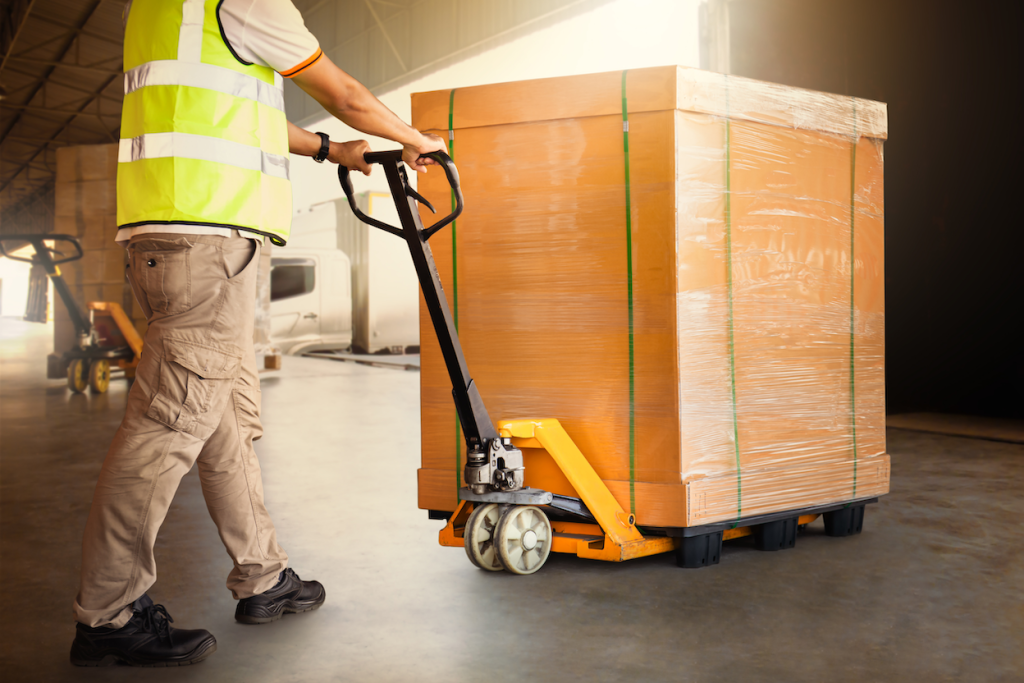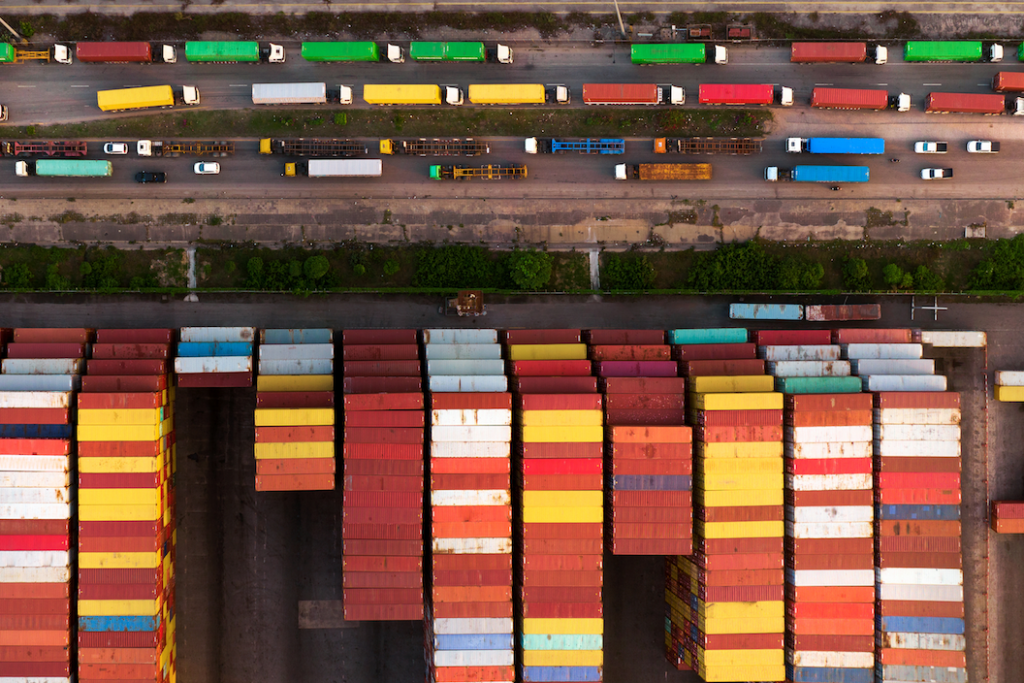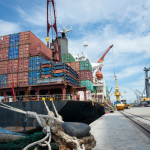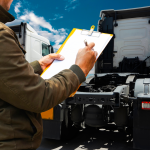
The earliest mentions of logistics can be linked back to ancient military campaigns. The phrase was used in Sun Tzu’s Art of War and focused on the concept of providing warriors with the support they needed to carry out their missions.
The Romans introduced supply depots, which were typically positioned approximately 30 kilometers apart (how far soldiers could march in one day).
Fast forward to 2024, and modern logistics has a much different meaning than it did 2,000 years ago.
Today, every business that deals in physical goods relies on logistics processes to manage the flow of raw materials and finished products from the point of origin to the end of their respective supply chains. Here’s a look at how logistics has transformed over the years.
The Origins of Logistics
The roots of logistics can be traced back to ancient civilizations. Empires used the concept to provide supplies to troops while they were waging war or providing security to various territories. The concept of logistics was also adopted to create and optimize trading routes, which relied on basic transportation methods like boats and horses.
Carrying goods across ancient trade routes often took weeks or even months. The roads were perilous, and delays were all but guaranteed.
How the Industrial Revolution Forever Changed Logistics
The Industrial Revolution marked one of the greatest steps toward modern logistics. Businesses could accelerate production processes using steam-powered equipment, which increased the availability of many goods, including textiles.
One of the next most significant leaps occurred in 1913 when Henry Ford implemented the moving assembly line. Businesses could now produce larger and more complex goods with greater efficiency, thereby facilitating substantial productivity improvements.
Over the next several decades, advancements in engine technology made ships and railroads ever more efficient. Trucks became critical cogs in the modern logistics system, shuttling goods from ports to inland receiving facilities.
The Shift to Modern Logistics
The next great leap forward came with the integration of digital technologies into supply chains. Modern logistics processes rely heavily on cloud-based software solutions and internet connectivity. Businesses can effortlessly communicate and share information with upstream and downstream trading partners.
Here’s a closer look at some of the technologies that are reshaping the current logistics landscape.

Automation
Just about every facet of the modern logistics workflow has gone digital. Businesses use warehouse management systems (WMS) and transportation management systems (TMS) to store information and automate tasks. They can streamline order processing, inventory management, route optimization, and more.
Digitalization has reduced human error and made it easier to manage supply chains on a global scale. These technologies are becoming increasingly integrated into companies’ day-to-day routines.
Real-Time Tracking and Visibility
Real-time tracking technologies like GPS and RFID tags allow supply chain managers to monitor the movement of goods from the warehouse to the end customer. This level of visibility wasn’t possible with traditional methods and is now a cornerstone of modern logistics.
Improved visibility has delivered tangible benefits for every link of the supply chain, including customers. Businesses can now keep consumers in the loop about the status and location of their orders. They can also exchange information with trade partners and find out about delays in real-time.
Data-Driven Decision-Making Tools
One of the most foundational concepts of modern logistics is data-driven decision-making.
In the past, business leaders had to make inventory and product management decisions based on hunches and weeks-old data. Today, they have access to up-to-the-minute insights that they can use to run analytics reports and inform decision-making.
Predictive analytics and artificial intelligence technologies facilitate highly accurate demand forecasting. Businesses can use this data to optimize routes and identify risks before a major disruption occurs.
How R2 Logistics Helps Businesses Evolve
At R2 Logistics, we’ve embraced the changes brought on by modern logistics and continue to innovate our processes to stay at the forefront of the industry. We use cutting-edge technologies and strong industry partnerships to give our clients a competitive edge.
Logistics has come a long way in just the last few years. You need a logistics partner that can help your business keep pace. If you’re ready to embrace the future of logistics, contact our team.


